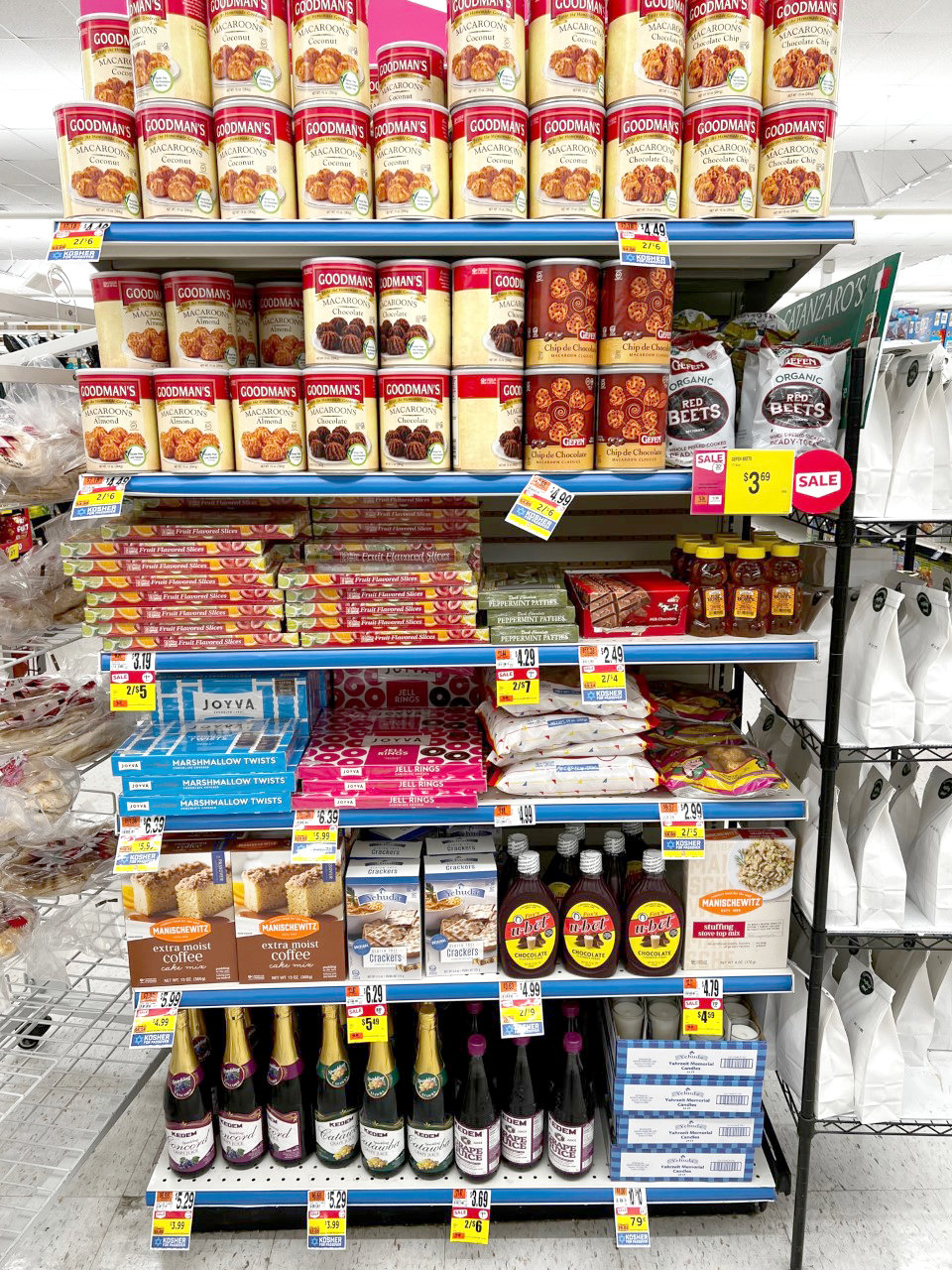It's going to be more expensive to eat this Passover
With Passover just around the corner, it’s time to start planning the seder menu, from matzah ball soup to macaroons. But this year, you might also want to plan for higher prices for groceries and catering.
Jeffrey Ingber, co-owner of Bubbie’s Market & Deli, in Providence, said that over the past 18 months, the price of Kosher meats, including beef and chicken, have risen over 50%. For example, when Bubbie’s first opened, in March 2021, the wholesale cost of chicken cutlets was $4.73; in late March of this year, it was $6.78.
“It’s been a gradual increase,” Ingber said.
On March 10, the U.S. Bureau of Labor Statistics reported that the Consumer Price Index rose 7.9% in the last year, citing gasoline and food prices as major reasons for the increase.
Another big factor driving up prices has been the disruption of the supply chain, caused by a number of issues related to COVID-19.
Ingber said Bubbie’s and its sister company, Ahava Catering, had to increase their retail food prices by 30%, typically adding $15 to $20 to this year’s Passover-groceries bill.
He said that none of his customers has said a word about the higher prices.
“I think people notice. But I also have to think they’re keenly aware of what’s going on,” he said.
In February 2022, according to KosherToday, a food industry newsletter, Israelis were reeling from proposed price increases by food giant Osem, but received a reprieve when the company caved the pressure and postponed the higher prices until after Passover.
“A customer who hasn’t realized anything over the last three to six months is living in a shell,” joked Josh Ruboy, manager of Zayde’s Market, in Canton, Massachusetts.
He added, “It is what it is, you just have to go with the flow and stay as competitive as you can.”
Ruboy said items at Zayde’s have gone up anywhere from 10% to 50%.
“It really is across the board. There’s not a single item that has not gone up in price,” he said.
Ruboy said that not every store is the same when it comes to pricing its products – but everybody’s the same when trying to keep their businesses thriving and their staff employed.
“Some companies just choose to take a smaller profit margin, because that’s their business model, and other companies don’t,” he said.
“Things seem to be inherently more expensive for no reason,” Ingber said. “Why is Kosher meat double the price, or somewhat more expensive than regular meat? It’s just the process required to get the product to the table,” he said.
But Ingber does warn that matzah will see a significant increase in price in 2023 because most of the wheat used in matzah is grown in Ukraine.
“It’s April, the box [of matzah] has been made in November or December,” he said. “But, if you think gasoline wars in America are intriguing to you, wait until wheat prices on products next year.”
Ingber recalled the 2021 “great Kosher ketchup shortage,” which saw Heinz stepping in to produce a Kosher product to fill the demand in America.
In addition to price hikes, people may see shortages of some products this year. According to a story at Parade.com on Feb. 9, consumers may see supply issues with egg-based products, such as egg matzah, and some cheeses. Plant-based proteins, such as tofu and almond milk, could also be in short supply.
In the Parade.com story, Rick Williams, of JPG Resources, a food and beverage-services company, said, “Plant-based saw a huge rise in demand as animal-meat processors were forced to shut down operations” due to COVID.
Canned food might also be in short supply, due to low availability of aluminum.
However, Ruboy doesn’t believe that most people will cut down their invitation list to save money or be discouraged enough to cancel seders.
The biggest concern, he believes, is COVID safety. As in the past two years, he thinks some people will take the pandemic into account when planning their guest list.
“Some people still just aren’t ready to have large family seders. Some families wholeheartedly can’t wait for large seders,” he said, adding that his family always has a large seder.
Ingber agrees, but adds that just as the show must go on, the seder must go on.
“Passover is still going to happen, and I think the Kosher manufacturers know that,” he said. “Because you have to have it, and I think most people will still buy it.”
SETH CHITWOOD (www.sethchitwood.com), of Barrington, is a features reporter for The Standard-Times, in New Bedford. He is also the creative director of the award-winning Angelwood Pictures production company.








